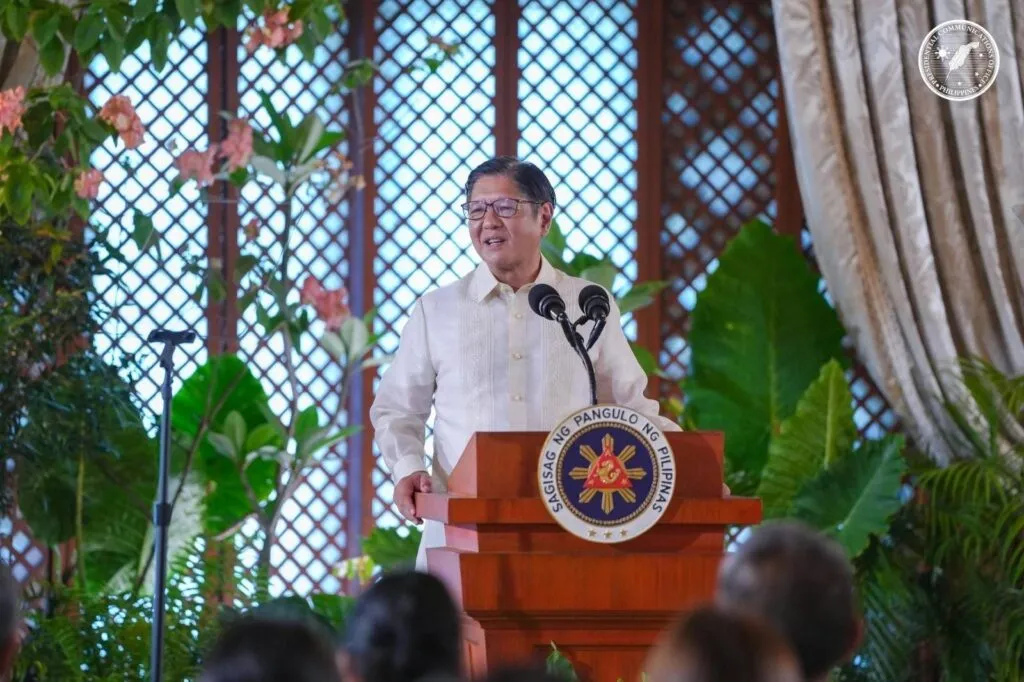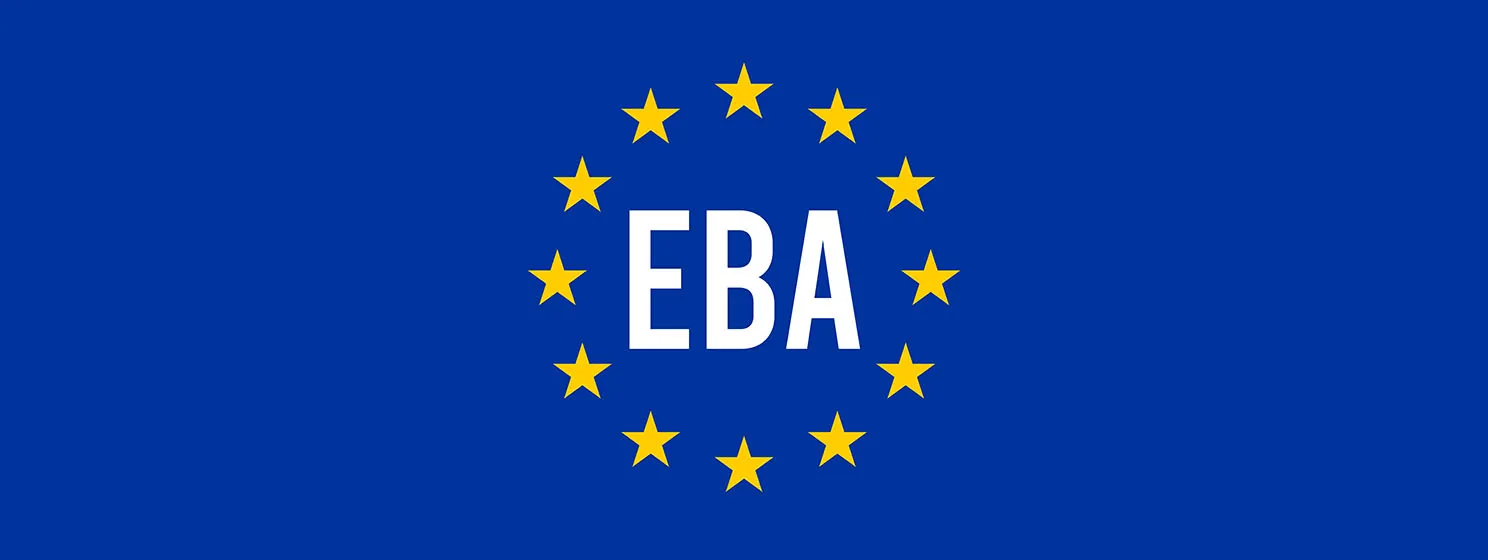|
Getting your Trinity Audio player ready...
|
Government officials have highlighted the Philippines’ removal from the Financial Action Task Force’s (FATF) grey list as a major step in enhancing the country’s financial system, bolstering international confidence, and easing financial transactions for businesses and overseas Filipino workers (OFWs). The delisting, which took effect in February 2025, followed nearly four years of reforms to close gaps in the country’s anti-money laundering and counter-terrorism financing framework.
At a ceremony in Malacañang Palace earlier this month, President Ferdinand Marcos Jr. led the recognition of the agencies and individuals instrumental in achieving this milestone. The President described the exit from the grey list as a national accomplishment, stressing the need for continued vigilance.

“Today marks a victory, but let me be clear: The work is not yet finished. The journey continues. More importantly, we need to exert twice the effort to sustain our progress,” he said. He also emphasized the need to strengthen enforcement measures and ensure the financial system’s resilience.
“We must work even harder to institutionalize reforms. We must tighten our enforcement against money laundering and terrorism financing,” he said. “We must strengthen our financial system so that it can withstand the more sophisticated and technologically advanced challenges faced by the financial sector.”
FATF: Philippines no longer under increased monitoring
In its official update dated February 21, the FATF confirmed the Philippines’ removal from the list of countries under increased monitoring, stating: “The Philippines is no longer subject to increased monitoring by the FATF.”
The FATF is the global body responsible for setting standards and monitoring compliance to prevent money laundering, terrorist financing, and proliferation financing. The Philippines had been on the grey list since June 2021 due to identified deficiencies in its anti-financial crime systems.
Coordinated reforms led by national agencies
The delisting came after the country fulfilled all required action items by October 2024. Marcos credited this achievement to coordinated efforts across government agencies, the judiciary, and the private sector, guided by Memorandum Circular No. 37, which mandated immediate and comprehensive responses to the FATF’s International Cooperation Review Group (ICRG) action plan.
“Together we have erected a comprehensive framework to address money laundering, terrorism financing, and proliferation financing,” said Executive Secretary Lucas Bersamin, chair of the National Anti-Money Laundering/Counter-Terrorism/Counter-Proliferation Financing Coordinating Committee (NACC). He acknowledged the shared efforts of public and private stakeholders in meeting FATF’s conditions.
The President also commended the Anti-Money Laundering Council (AMLC) and NACC for leading the campaign, describing the outcome as a demonstration of the country’s commitment to financial integrity and transparency.
BSP Governor: Financial integrity reaffirmed
The central bank, Bangko Sentral ng Pilipinas (BSP), Governor Eli Remolona, Jr., highlighted the practical effects of the grey list exit for the financial sector and ordinary Filipinos.

“Through concerted reforms, government agencies fortified the integrity of our financial system and reaffirmed our nation’s commitment to combating financial crimes,” he said. Remolona also noted the benefits to OFWs and businesses regarding more affordable transactions and easier access to global financial services.
“Institutions can now conduct business with greater confidence. The reforms we’ve put in place not only meet international standards but also align with our long-term goals of transparency and financial inclusion,” he added.
Lower remittance costs, better access for investors
Exiting the grey list will lower costs for international money transfers and improve financial transparency, according to analysts. OFWs, in particular, will benefit from more affordable remittance services. Businesses will also experience fewer obstacles in accessing international credit and financial services.
“For us Filipinos, exiting the grey list means a simpler, more affordable financial system of transaction. It means our OFWs can send money home at a lower cost. It also means that our businesses face fewer hurdles in securing international financing, which encourages foreign investors,” Marcos said.
The grey list status previously subjected financial institutions in the Philippines to closer scrutiny and stricter compliance requirements, often leading to delays and higher costs. Its removal is expected to encourage international banks to initiate or resume operations in the country, increasing competitiveness in the financial services sector.
Keeping the country off the grey list
Marcos clarified that staying off the grey list is a long-term responsibility shared by the government and the public.
As part of the commitment to sustain compliance, national agencies are expected to integrate the reforms into their regular operations and strengthen their capabilities in detecting and preventing financial crime.
“As we continue this march forward, let us do so in the spirit of a Bagong Pilipinas (new Philippines)—a nation rooted in transparency, accountability, and inclusive development,” he said.
Watch: Unlocking the fundamentals of building an effective startup

 07-31-2025
07-31-2025 





